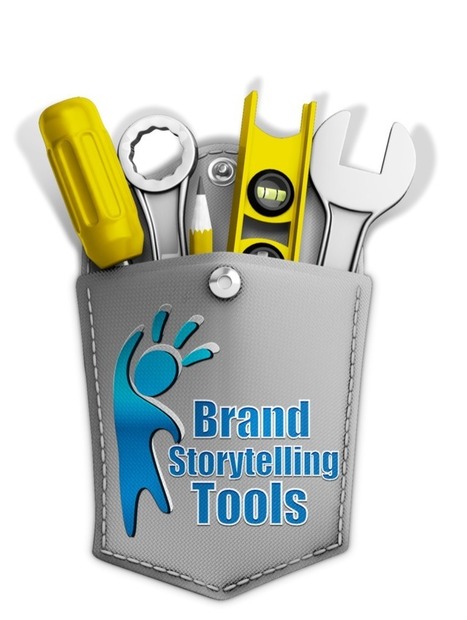Si Usted está Tratando de Construir Un nombre párr su negocio m, Pero No Puede permitirse ONU equipo de Producción de contenidos un Tiempo completo, Hay Una serie de Herramientas de narración Puede que utilizar párr Crear contenido Atractivo. Échale un Vistazo de la ONU los Siguientes cinco ... Racontr Racontr le permite Integrar Múltiples Componentes en SUS historias de marca. TODO Mezclar, desde vídeos e imagenes de texto y audio ...
Via Ricard Lloria, Laura Rosillo



 Your new post is loading...
Your new post is loading...












AÑADA su visión ...